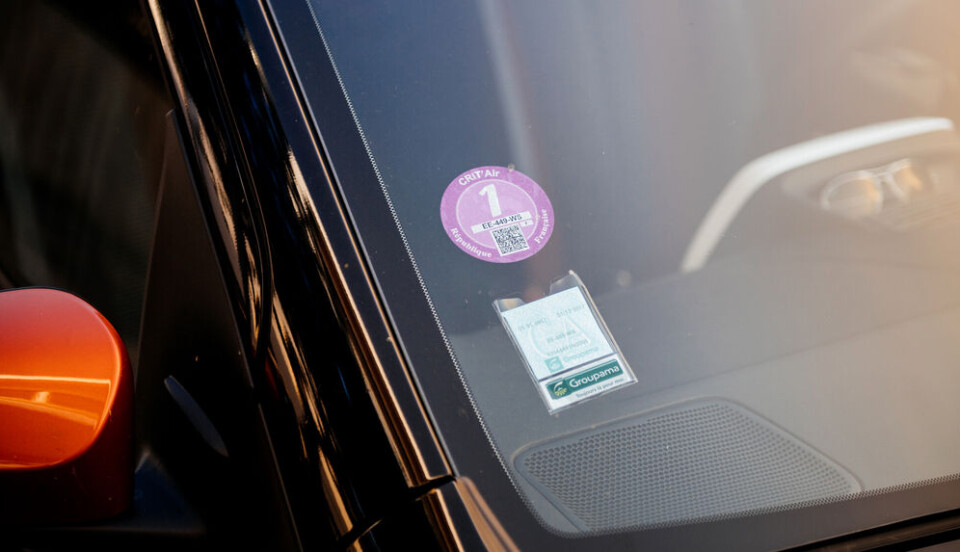-
Is it time to stop changing the clocks in Europe?
Campaigners say it would help improve health and also reduce traffic accidents
-
Gisèle Pelicot memoir hits sales top spot in France
The book, which has been translated into 22 languages, left Queen Camilla ‘speechless’
-
New tax on deliveries from outside EU: How will it affect customers?
The new charge will apply to all deliveries valued under €150
Toulouse introduces new low-emission zone for vans and trucks
The zone, which covers three-quarters of the city, will eventually ban more and more vehicles, between now and 2024

The French city of Toulouse (Occitanie) has implemented a low-emission zone for heavy goods vehicles and vans, with older trucks now banned.
The zone, which came into force on March 1, bans vehicles that have a Crit’Air 5 rating, and which started driving between July 1, 1997 and December 31, 2000.
Crit’Air is the sticker system that gives each vehicle a rating, from 1 to unclassified, depending on how polluting they are.
Read more: A guide to Crit'Air stickers in France
The new low-emission zone (zone à faible émission (ZFE)), covers three-quarters of the Toulouse commune inside the périphérique ring road. It concerns an area of 72km2 and 420,000 residents.
The zone will be enforced by automated cameras from 2023, and gendarmerie and police will be able to issue fines of up to €68 for a car and €135 for a van.
Gradual ban
It will gradually ban more and more vehicles.
From September, diesel vans with Crit’Air 4 stickers (January 1, 2011 and December 31, 2005) will no longer be permitted.
And from January 1, 2023, the rules will begin to apply to cars and motorbikes, as well as vans and trucks. Any vehicles with Crit’Air 4 or 5 labels, or unclassified, will be banned completely.
This will include petrol vehicles from before 1997, diesel vehicles before 2005, and motorbikes from before 2005.
Finally, from January 1, 2024, the final stage of the rollout will ban cars and motorbikes that have a Crit’Air 3 sticker. These will be petrol cars from before 2006, diesels from before 2011, and motorbikes from before 2006.
At this point, the majority of drivers are expected to have made the transition to electric or hybrid vehicles.
Financial aid
Yet, the city has faced criticism from some who say that this will be too expensive for less well-off households. In response, the city has said that it is providing financial aid for people to help make the transition.
Up to €5,000 will be available for new or second-hand car replacements, and up to €10,000 for businesses. There will be between €600-€1,000 available for people who wish to switch to using a pushbike.
This means that, when combined with government loans and aid, individuals can in theory benefit from as much as 19,000 in help to make the transition to an electric or hybrid vehicle.
Exemptions
Some vehicles will benefit from an exemption for three years.
These include some types of business vehicles, including refrigerated vans, construction vehicles, refuse collection vehicles, tankers, live animal transport, market supply vehicles, removal firms, transport of dangerous goods, exceptional convoys, and charity vehicles.
Drivers who live in the zone and who currently have a parking permit will be exempt from the rules until their permit runs out.
France is set to have almost 40 low-emission zones in cities nationwide by 2025.
Related articles
Air pollution: More car bans coming in urban France
France to tax polluting vehicles that weigh over 1,800 kg
Vintage cars to be allowed in low-emission zones in France
SUVs have ‘crushing’ impact on French climate goals says NGO
























